Botswana Bound: Ultimate Packing Guide for Safari Success

Introduction to Safari Packing Guide
What to expect on a safari
When going on a safari, you can expect to experience the beauty and wonder of the African wilderness. You will have the opportunity to see a wide range of wildlife in their natural habitats, such as lions, elephants, giraffes, and zebras. Safaris are often conducted in national parks and game reserves, offering unique landscapes and breathtaking views. In addition to the wildlife, you may also have the chance to interact with local communities and learn about their culture. It is a once-in-a-lifetime experience that promises unforgettable memories.
Importance of proper packing for a successful safari
Proper packing is essential for ensuring a successful and comfortable safari experience. Here are some key reasons why packing correctly is crucial:
-
Safety: Packing essential items such as mosquito repellent, sunscreen, and medications will help protect you from potential health risks and ensure your safety while in the wilderness.
-
Comfort: Proper clothing, including lightweight and breathable materials, will help keep you comfortable throughout the day. Layers are key, as temperatures can vary significantly between morning and evening game drives.
-
Convenience: Packing the right gear, such as a good quality camera, binoculars, and a hat, will enhance your safari experience, allowing you to capture stunning wildlife moments and observe animals from a distance.
-
Preparedness: Bringing along essentials like a first aid kit, a flashlight, and extra batteries will help you be prepared for any unexpected situations that may arise during your safari adventure.
-
Respect for the Environment: Packing eco-friendly items, such as reusable water bottles and biodegradable toiletries, showcases your commitment to preserving the environment and wildlife habitats.
By considering these factors and packing accordingly, you can ensure a memorable and stress-free safari experience. Whether it's your first safari or not, being prepared will enhance your enjoyment and allow you to fully immerse yourself in the wonders of the African wilderness.
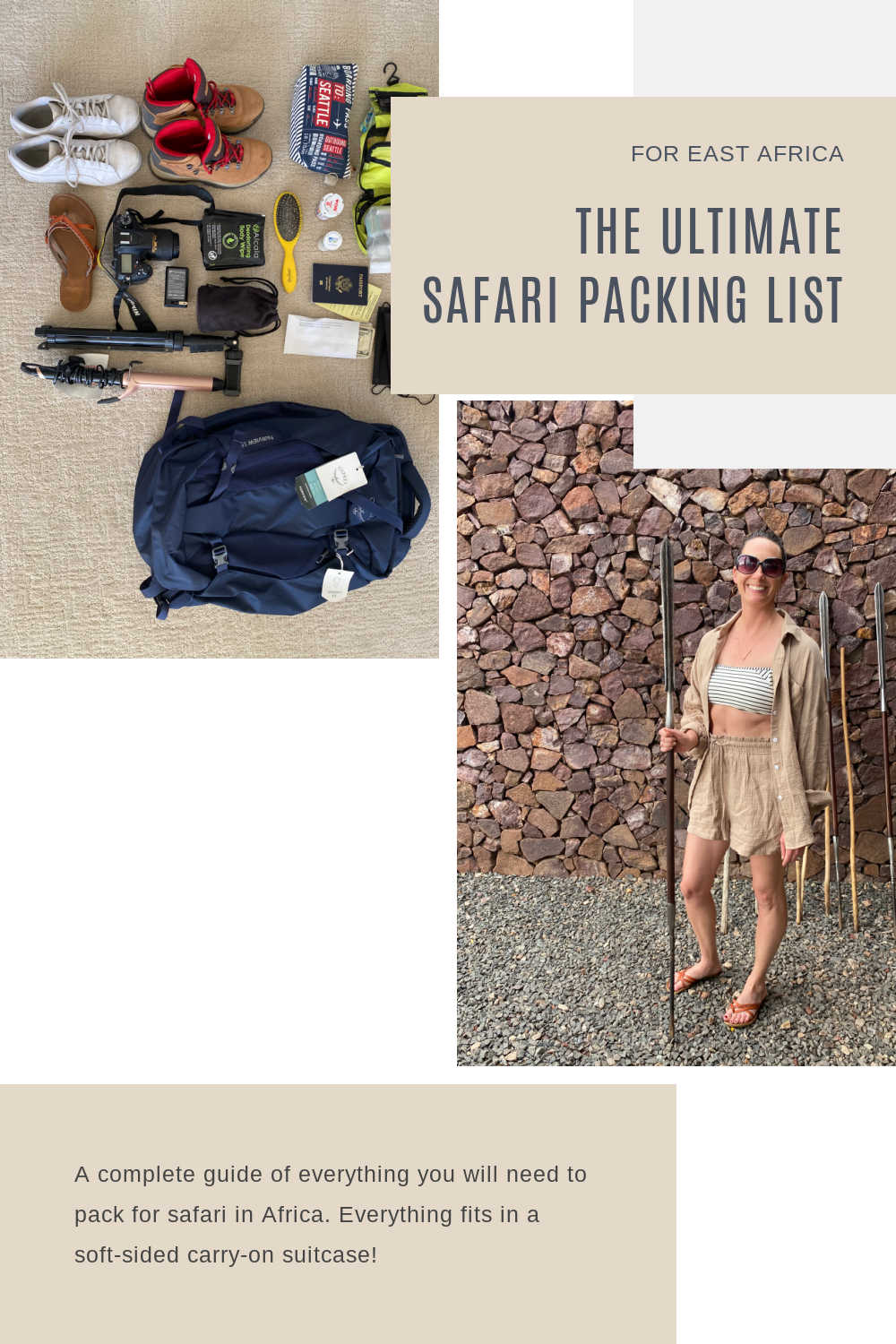
Clothing Essentials for Safari
Appropriate clothing for different safari activities
When packing for a safari, it is important to consider the different activities you will be participating in. Whether you are going on game drives, bush walks, or even horseback safaris, appropriate clothing is essential for comfort and safety. Here are some clothing essentials to consider:
- Light and breathable long-sleeved shirts and pants: These will help protect you from the sun, mosquitoes, and other insects.
- Comfortable hiking boots or closed-toe shoes: These will provide support and protection during bush walks or hikes.
- Swimwear: Don't forget your swimsuit for those refreshing dips in the lodge pool or natural watering holes.
- Hat with a wide brim: This will shield your face and neck from the sun.
- Comfortable socks: Opt for moisture-wicking socks to keep your feet cool and dry throughout the day.
Choosing breathable and neutral-coloured clothing
In addition to considering the specific activities, it is important to choose clothing that is lightweight, breathable, and neutral colours. Here's why:
- Breathable fabrics such as cotton or linen allow air circulation and help you stay cool in the hot African sun.
- Neutral colours like khaki, beige, or olive blend with the environment and are less likely to attract or disturb wildlife.
- Avoid bright colours as they may scare away animals or disrupt their natural behaviours.
Remember to pack enough clothing for the duration of your safari, taking into account the weather and the possibility of laundry facilities at your accommodations.
By packing appropriately for the activities and choosing breathable and neutral-coloured clothing, you will be prepared and comfortable during your safari adventure.
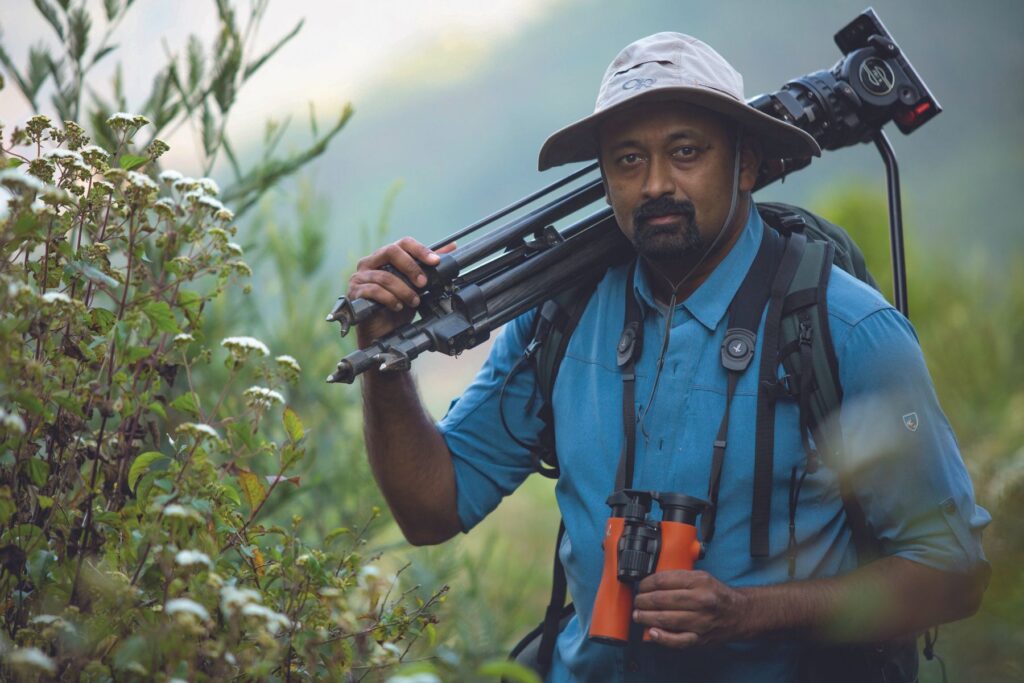
Footwear and Accessories for Safari
Comfortable walking shoes for bush walks and game drives
When going on a safari, it is important to have comfortable footwear that provides support and protection for your feet. Here are some essential footwear options to consider:
-
Hiking boots: Opt for sturdy hiking boots that offer ankle support and have a good grip. These are ideal for bush walks and hikes, providing stability on uneven terrain.
-
Closed-toe shoes: If you prefer a more lightweight option, closed-toe shoes like sneakers or trail running shoes are also suitable for game drives and bush walks. Just make sure they offer enough comfort and traction for walking in the African wilderness.
Essential accessories like hats, sunglasses, and insect repellent
Aside from appropriate clothing and footwear, there are a few essential accessories that you should bring along on your safari adventure:
-
Hat: A hat with a wide brim is essential to protect your face and neck from the sun's harsh rays. It will also help keep you cool throughout the day.
-
Sunglasses: Don't forget to pack a sturdy pair of sunglasses with UV protection. The bright African sun can be intense, and sunglasses will help protect your eyes from harmful rays.
-
Insect repellent: Mosquitoes and other insects can be present in certain safari destinations. To protect yourself from bites and potential diseases, bring along a reliable insect repellent with you.
By packing the right footwear and accessories, you'll be well-prepared for the various safari activities and able to enjoy your experience to the fullest. Remember to choose comfortable walking shoes and pack essential accessories like hats, sunglasses, and insect repellent.

Protection Against Wildlife and Elements
Tips for protecting yourself from mosquito bites and sunburn
When going on a safari, it's important to take precautions to protect yourself from mosquito bites and sunburn. Here are some tips:
- Mosquito repellent: Make sure to bring a high-quality insect repellent with you to keep those pesky mosquitoes away. Look for one that contains DEET and apply it to exposed skin regularly.
- Long-sleeved clothing: Wearing light, long-sleeved shirts and pants can help provide an extra layer of protection against mosquito bites, especially during dawn and dusk when mosquitoes are most active.
- Sunscreen: Protect your skin from the harsh African sun by wearing broad-spectrum sunscreen with SPF 30 or higher. Remember to reapply it every couple of hours, especially after swimming or sweating.
- Wide-brimmed hat: Along with protecting your face and neck, a wide-brimmed hat will also provide shade and keep you cool under the scorching sun.
- Sun-protective clothing: Consider wearing lightweight clothing with built-in sun protection, like UV-resistant shirts and pants. These are designed to block harmful UV rays and keep your skin safe.
Essential items for staying safe in the wilderness
Exploring the wilderness comes with its own set of challenges. Here are some essential items to pack for your safari adventure:
| Item | Purpose |
|---|---|
| First aid kit | In case of any injuries or emergencies, having a well-stocked first aid kit can be a lifesaver. |
| GPS or map | Ensure you don't get lost in the vast wilderness by having a GPS or a detailed map of the area. |
| Flashlight or headlamp | When the sun sets, it can get dark quickly. A flashlight or headlamp will help you navigate your way and find your belongings. |
| Water bottle | Staying hydrated is crucial. Bring a refillable water bottle and ensure you drink enough water throughout the day. |
| Binoculars | Enhance your wildlife viewing experience by bringing a pair of binoculars to spot animals from a distance. |
| Camera or smartphone | Capture your safari memories with a camera or smartphone, but remember to respect the animals and their habitat by following ethical photography guidelines. |
By following these tips and packing the essential items, you'll not only be protected from mosquitoes and the harsh sun but also be prepared for any unexpected situations that may arise during your safari adventure. Remember to prioritize your safety and enjoy the incredible wilderness experience!
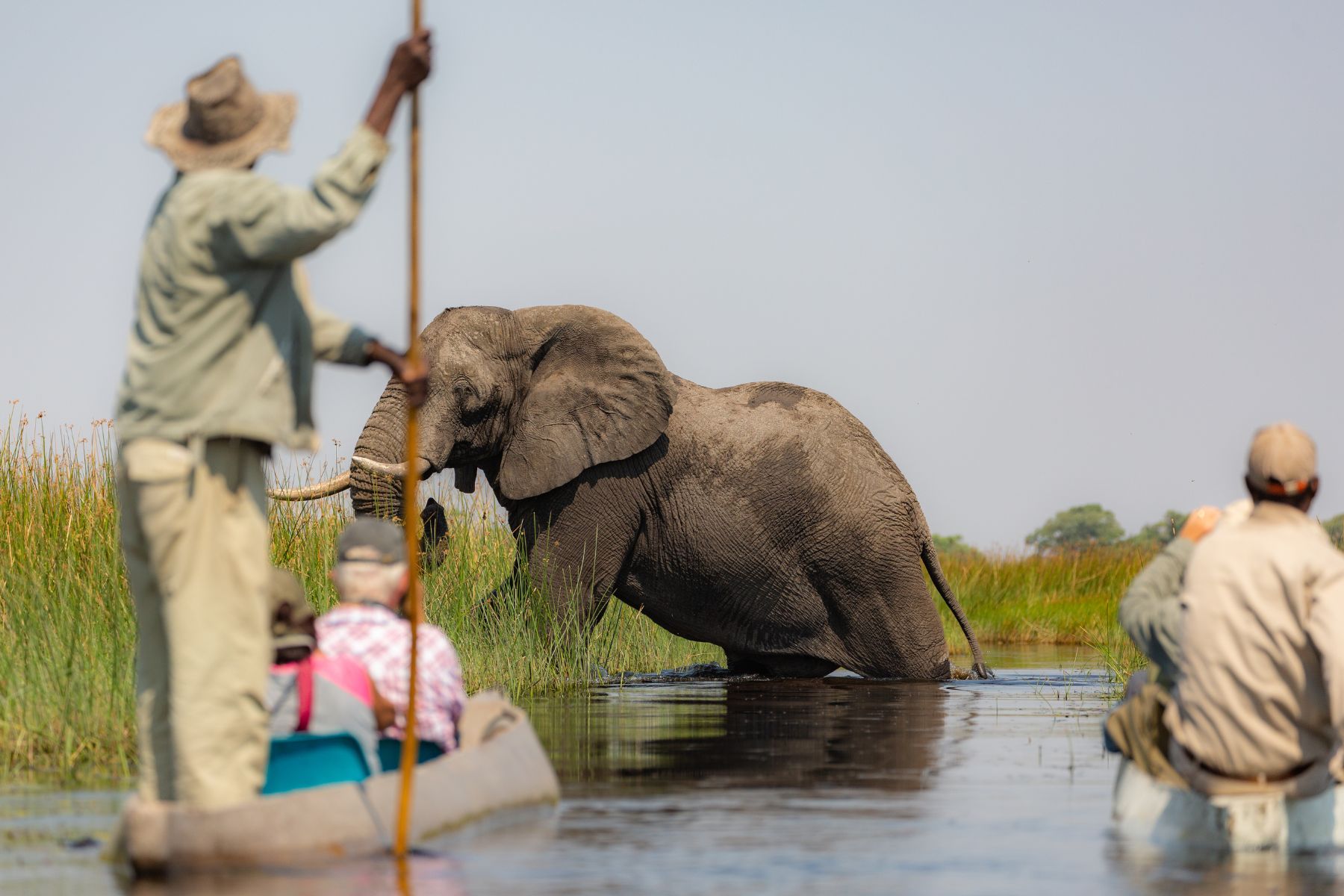
Essential Gear for Safari
Binoculars and camera equipment for wildlife spotting and photography
When going on a safari, it's important to have the right gear to enhance your wildlife spotting and photography experience. Here are some essential items to consider:
- Binoculars: Bring a pair of binoculars to get a closer look at animals from a distance. This will allow you to observe their behaviour and appreciate their beauty without disturbing them.
- Camera or smartphone: Capture your safari memories with a camera or smartphone with a good zoom lens. Just remember to follow ethical guidelines and respect the animals and their habitat.
- Extra memory cards and batteries: Ensure you have enough memory cards and fully charged batteries to avoid missing out on any photo opportunities.
- Camera accessories: Consider bringing a tripod or monopod for steady shots and a camera bag to protect your gear from dust and moisture.
Safari-specific gear like a daypack and water bottle
Exploring the wilderness requires some essential gear to keep you comfortable and prepared. Here are a few items to pack:
- Daypack: Carry a small backpack or daypack to hold your essentials like water, snacks, sunscreen, insect repellent, and a light jacket.
- Refillable water bottle: Staying hydrated is crucial in the African heat. Bring a refillable water bottle and drink enough water throughout the day.
- Sun hat and sunglasses: Protect yourself from the sun by wearing a wide-brimmed hat and sunglasses to shield your face and eyes from direct sunlight.
- Comfortable walking shoes: Opt for closed-toe shoes with good traction to navigate uneven terrain and protect your feet from rocks and thorns.
- Insect repellent: Mosquitoes and other bugs can be a nuisance. Bring a reliable insect repellent to keep them at bay.
By having the right gear, you'll be prepared to make the most of your safari adventure. So, pack your binoculars, camera equipment, and safari-specific gear, and get ready for an unforgettable wildlife experience!

Packing for Different Safari Seasons
Tips for packing for the dry season and rainy season
When preparing for a safari, it's important to consider the different seasons and pack accordingly. Here are some tips for packing for both the dry season and the rainy season:
- Dry Season: During the dry season, which is typically characterized by hot and sunny weather, it's important to pack lightweight and breathable clothing. Opt for light-coloured, long-sleeved shirts and trousers to protect yourself from the sun. Don't forget a wide-brimmed hat, sunglasses, and sunscreen to shield yourself from the intense African sun.
- Rainy Season: The rainy season brings cooler temperatures and occasional showers. Pack lightweight rain gear such as a waterproof jacket, pants, and waterproof shoes or boots. A compact umbrella can also come in handy. Keep in mind that the weather can be unpredictable, so it's a good idea to have a waterproof bag or dry sack to protect your belongings.
Recommended clothing and gear for each season
Here is a breakdown of recommended clothing and gear for each safari season:
| Dry Season | Rainy Season | |
|---|---|---|
| Clothing: | Lightweight and breathable clothing | Lightweight rain gear |
| Footwear: | Comfortable walking shoes | Waterproof shoes or boots |
| Accessories: | Wide-brimmed hat, sunglasses, sunscreen | Compact umbrella, waterproof bag or dry sack |
By considering the specific needs of each season and packing accordingly, you'll be prepared for whatever weather conditions you may encounter on your safari. Remember to pack light, prioritize comfort, and leave room for souvenirs and memories of a lifetime. Happy travels!
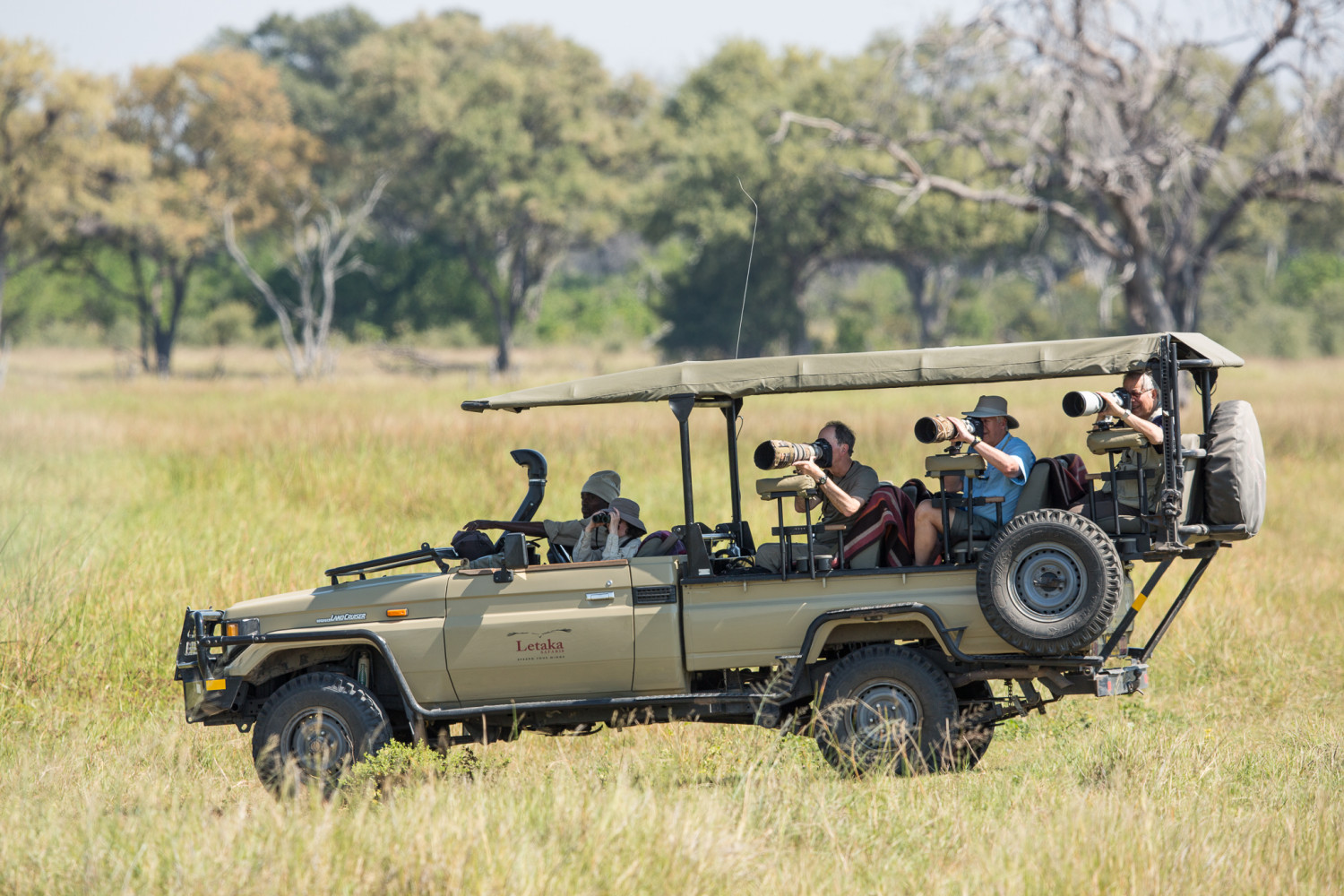
Medical and Personal Care Items
First aid kit essentials for safari emergencies
When going on a safari, it's crucial to have a well-stocked first aid kit in case of any emergencies. Here are some essential items to include:
- Bandages and dressings: Carry a variety of bandages and dressings of different sizes to treat cuts, blisters, and wounds.
- Antiseptic wipes and ointments: These are essential for cleaning wounds and preventing infections.
- Pain relievers: Pack pain relievers such as ibuprofen or acetaminophen to alleviate headaches, muscle pains, or fever.
- Antihistamines: In case of allergic reactions or insect bites, antihistamines can provide relief.
- Tweezers: Useful for removing splinters or ticks.
- Insect repellent: Protect yourself from mosquitoes and other insects that may carry diseases.
Personal care items for maintaining hygiene in the bush
While on safari, it's important to maintain good hygiene habits. Here are some personal care items to pack:
- Toiletries: Bring travel-sized toiletries such as toothpaste, toothbrush, shampoo, conditioner, and soap.
- Hand sanitiser: Keep your hands clean, especially before meals, when soap and water may not be readily available.
- Wet wipes: Useful for freshening up and cleaning your hands or face during the day.
- Sunscreen: Protect your skin from harmful UV rays, even on cloudy days.
- Moisturizer: Hydrate your skin, especially if it tends to dry out in hot or dry climates.
- Lip balm: Prevent chapped lips and keep them moisturized.
By packing these essential medical and personal care items, you'll be prepared for any unforeseen circumstances and able to maintain good hygiene during your safari adventure. Remember to check the expiration dates of medications and replenish your supplies accordingly. Stay safe, and enjoy your journey!
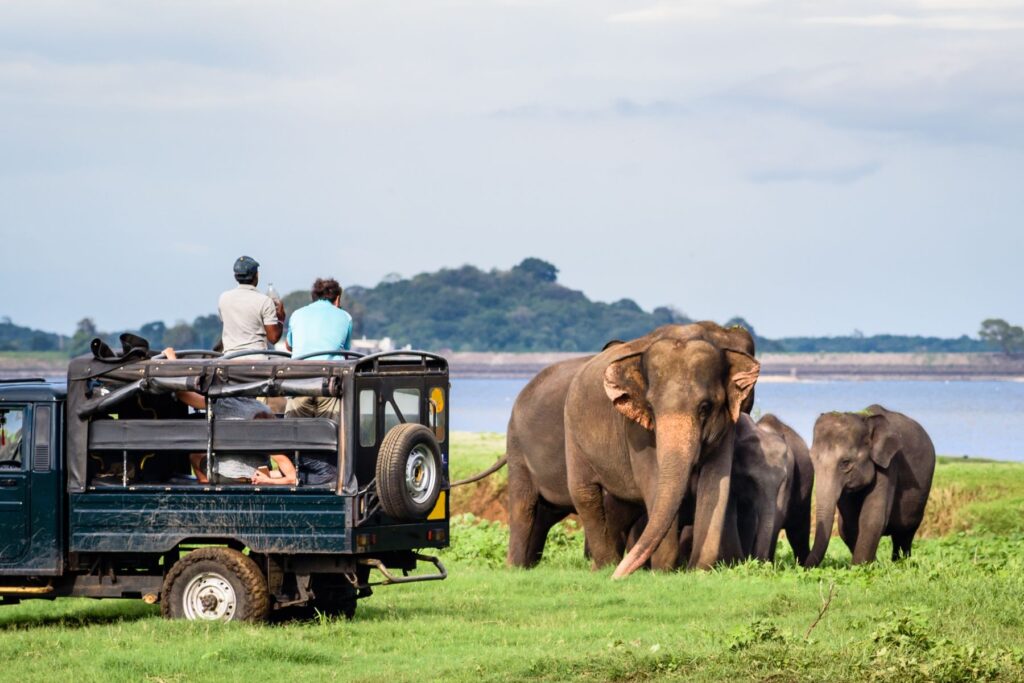
Electronic and Miscellaneous Items
Charging devices for electronics in remote safari locations
When going on a safari, it's important to ensure that you have a reliable way to charge your electronic devices, such as cameras, smartphones, and GPS devices. Here are some tips:
- Portable power bank: Invest in a high-capacity power bank that can charge your devices multiple times. This will come in handy when you don't have access to electricity.
- Solar charger: Consider bringing a solar charger, especially if you're going to be in remote areas with limited power sources. Solar chargers can harness the sun's energy to charge your devices.
- Adapter plugs: Research the type of plug sockets used in the country you're visiting and pack appropriate adapter plugs. This will ensure that you can plug in your chargers without any issues.
Other miscellaneous items to consider packing
Aside from medical and personal care items, there are a few other things you should consider packing for your safari:
- Binoculars: Enhance your safari experience by bringing binoculars to observe wildlife from a distance.
- Ziplock bags: Keep your belongings dry by packing them in ziplock bags. They can also be used to store wet or muddy items, preventing them from dirtying the rest of your belongings in your bag.
- Reusable water bottle: Stay hydrated by bringing a reusable water bottle. It's important to drink plenty of water, especially in the hot African climate.
- Flashlight or headlamp: Be prepared for nights in the bush by bringing a reliable flashlight or headlamp. This will come in handy for navigating in the dark, particularly when you need to use the bathroom.
- Guidebooks or field guides: Bring guidebooks or field guides to help you identify different species of animals, birds, and plants that you encounter during your safari.
By considering these electronic and miscellaneous items, you'll be well-prepared for your safari adventure. Remember to pack responsibly and consider the weight and size restrictions of your luggage. Enjoy capturing amazing moments and immersing yourself in the beauty of the African wilderness!
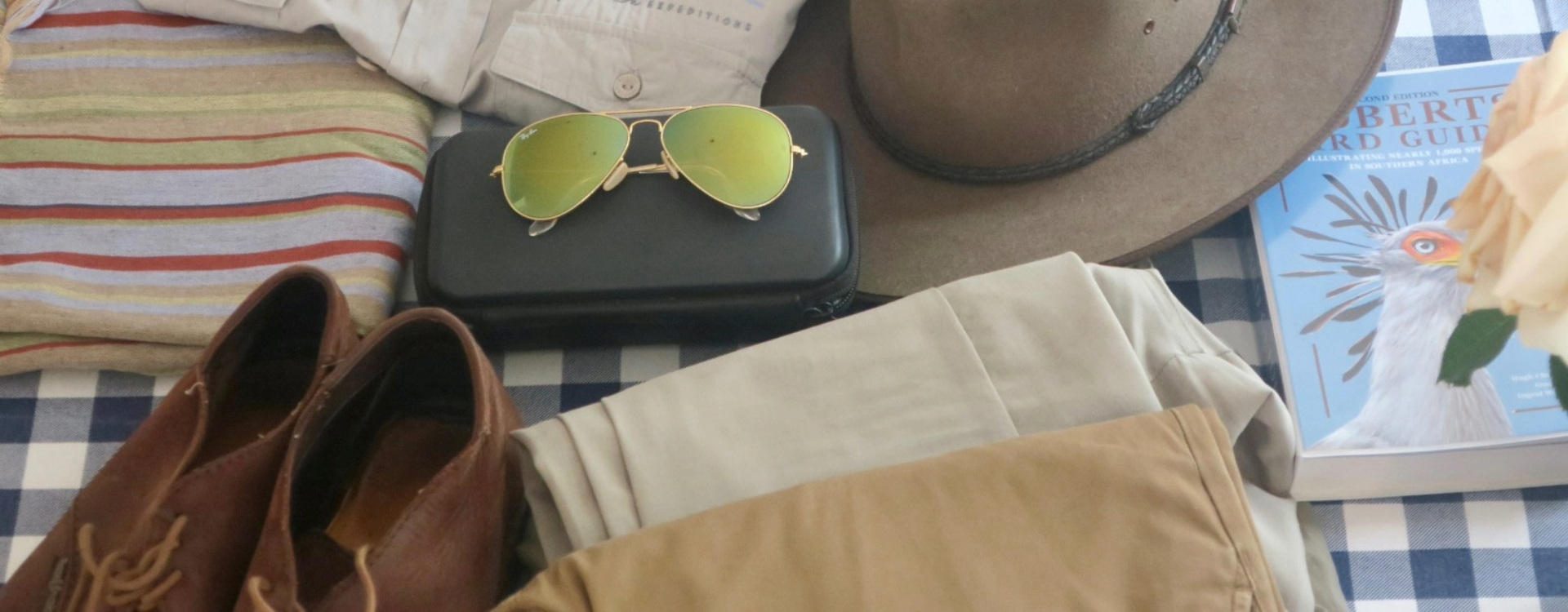
Final Tips
Additional tips for a memorable safari experience
When going on a safari, it's important to have the right electronic and miscellaneous items to ensure a smooth and enjoyable trip. Here are some final tips:
- Research and plan: Before your safari, do some research on the country you'll be visiting and the specific safari location. This will help you understand the climate, wildlife, and any additional items you may need to pack.
- Dress appropriately: Pack comfortable and lightweight clothing that will protect you from the sun, insects, and cool temperatures during early morning game drives. Don't forget a hat, sunglasses, and comfortable walking shoes.
- Photography gear: If you're an avid photographer, consider bringing a zoom lens to capture wildlife from a distance. Also, pack spare memory cards and extra batteries to ensure you don't miss any incredible moments.
- Respect wildlife: Remember that you're a guest in the animals' natural habitat. Always maintain a safe distance, never feed or harass the animals, and follow your guide's instructions for a responsible safari experience.
- Stay relaxed and enjoy: Safaris can be exhilarating but also relaxing. Take the time to soak in the breathtaking landscapes, listen to the sounds of nature, and appreciate the unique opportunity to observe wildlife in their natural environment.
By following these additional tips, you'll have an unforgettable safari experience. Remember to pack smart, respect the environment, and make the most of every moment. Safaris offer an incredible opportunity to connect with nature and create lifelong memories. So get out there, unleash your inner adventurer, and experience the magic of the African wilderness!
